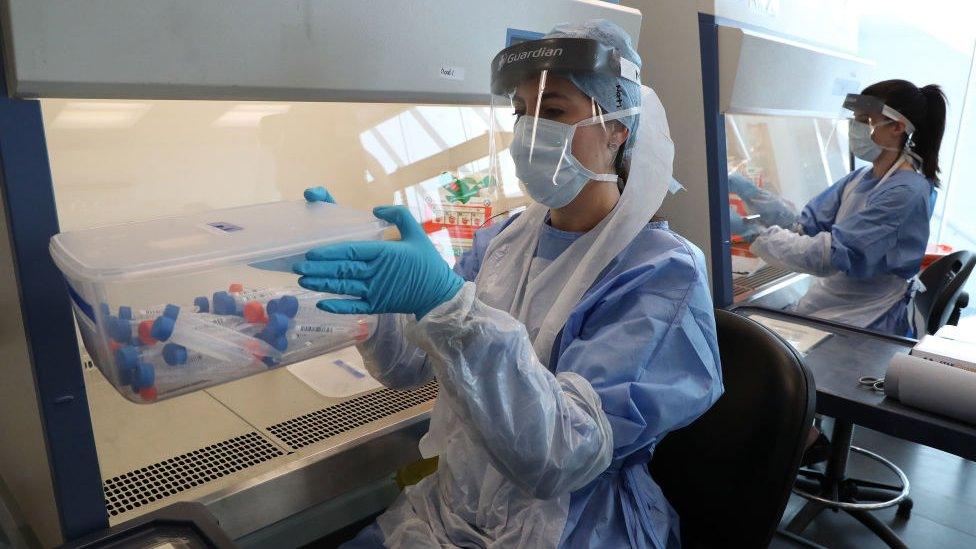Coronavirus: Skomer man self-isolates on island with just five people
- Published
Nathan Wilkie and Sylwia Zbijewska are self-isolating together in Skomer
You might think on an island with just five people that coronavirus is only a distant murmur from across the water.
Puffins outnumber people by about 4,400 to one on Skomer, off the Pembrokeshire coast, with half the world's Manx shearwaters there too.
There are few people to disturb the birds for most of the year anyway.
But when warden Nathan Wilkie developed a cough after the off-season break to the mainland, one of the UK's most-remote self-isolations began.
Mr Wilkie, 29, returned with fellow warden Sylwia Zbijewska, also 29, after a break to the mainland in March and, when he started to cough, he decided to take precautions.
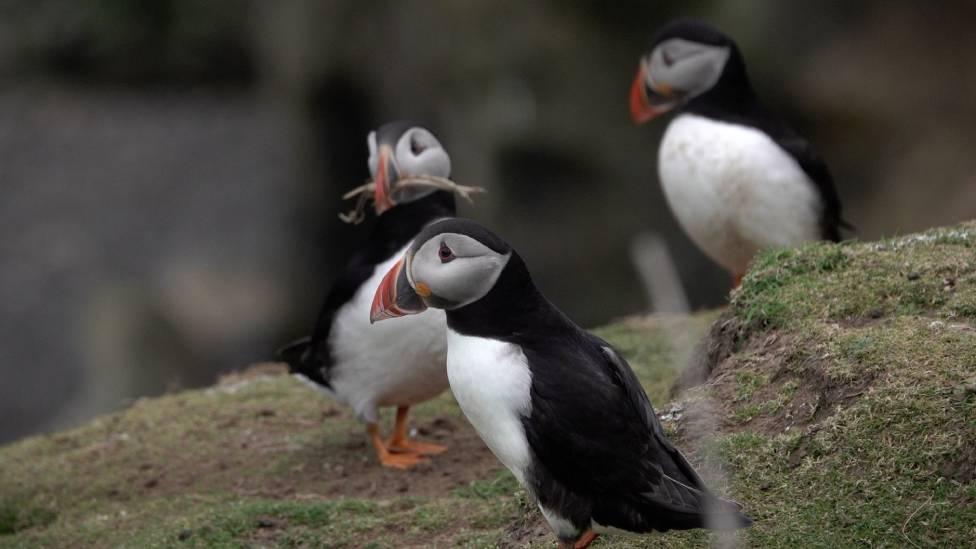
A 2016 census suggested there were up to 22,000 puffins on Skomer
"I'm sort of showing potential symptoms and it's difficult to know if it is coronavirus or not," he said.
"In theory, we've come in contact with very few people, but because myself and Sylwia share accommodation, we're both in quarantine basically."
The pair have been wardens on the island since 2018, working for The Wildlife Trust of South and West Wales.
There are no neighbours, aside from day-trippers between May and mid-July, leaving them to an existence mostly cut off from civilisation.
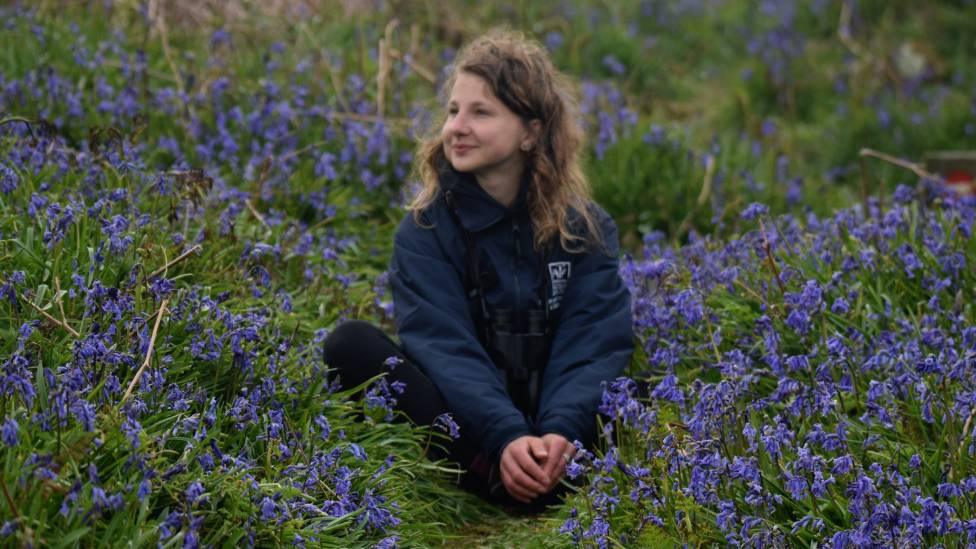
Skomer Island is known for its vivid bloom of bluebells
Mr Wilkie and Ms Zbijewska have now had to separate from three new island recruits, who are there for the first time to help on the nature reserve.
"You would imagine that us being isolated for most of the year, that what happens on the mainland doesn't really affect us, but in this situation it does," said Ms Zbijewska.
Under normal circumstance those living on the island would cook and socialise together during winter evenings.
But the quarantined pair have split from the others and are staying on the opposite side of the island, about a 15-minute walk away.
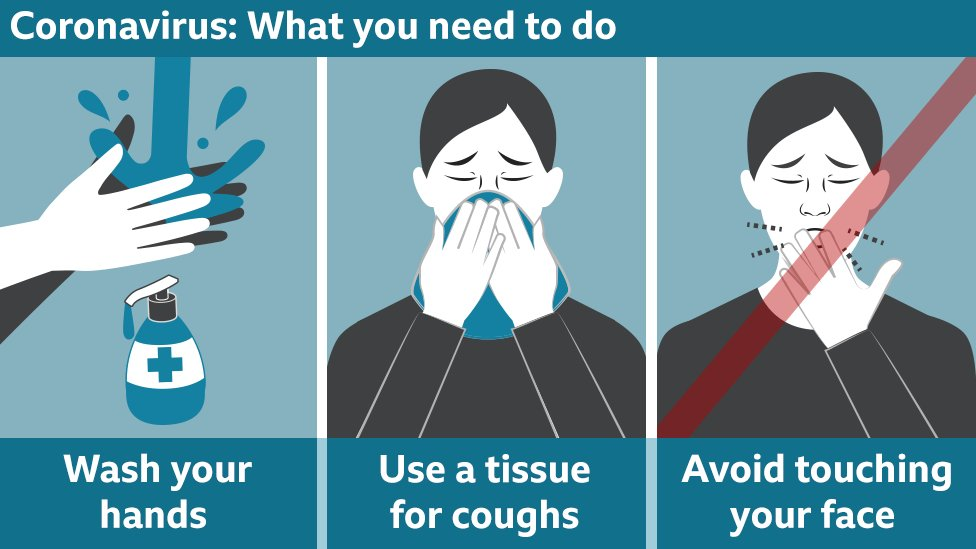
And their self-isolation has made it "tricky" for the pair who usually travel across the sea to collect their food from the mainland.
Because of the coronavirus outbreak the islanders are now relying on friends and local stores to leave supplies at the jetty on the other side, allowing them to travel there later to collect it.
"One thing we definitely miss is ice cream. That's quite difficult to get out to us without it melting," Mr Wilkie said.
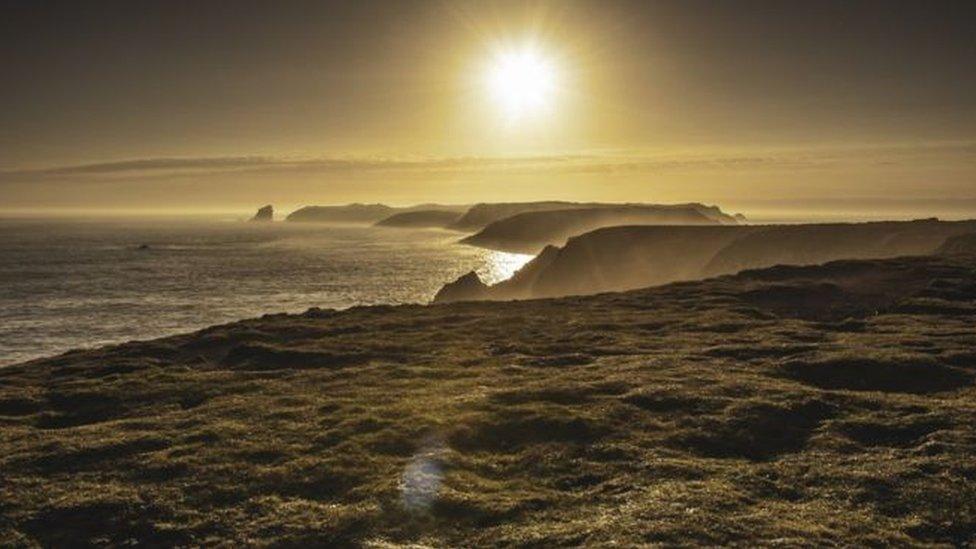
Skomer Island is sparsely populated with just five residents in summer
And while they have extremely limited internet connection and phone signal, the wardens feel fortunate to share the landscape with wildlife, such as puffins, seals and dolphins.
"We probably don't watch as much Netflix and films as other people are used to," Mr Wilkie said.
"During the season, we will often go out late at night and watch Manx Shearwater birds flying in," Ms Zbijewska added.
"There's just something spectacular about going out at night here, especially when it's a beautiful night."
It is one of the many natural spectacles the pair hope to stream live to would-be visitors over the next few weeks.

EASY STEPS: How to keep safe
A SIMPLE GUIDE: What are the symptoms?
CONTAINMENT: What it means to self-isolate
HEALTH MYTHS: The fake advice you should ignore
MAPS AND CHARTS: Visual guide to the outbreak
VIDEO: The 20-second hand wash

During the summer months, Skomer usually welcomes hundreds of wildlife visitors a day on boat trips out to the island.
But with all future trips now cancelled over Covid-19, there is growing concern about what it could mean for the long-term future of the island.
"The ramifications of the loss of that income would be catastrophic for us all," Mr Wilkie said.
With that in mind, the pair are trying to "update everyone who would be visiting as often as we can".

Ms Zbijewska said: "We talk about what we've been up to with the wildlife on the island. We're trying to do updates daily now across Facebook, external, Twitter, external and Instagram, external.
"Because of the situation we've tried to promise people we'll do what we can."
And Mr Wilkie and Ms Zbijewska said they were looking forward to coming out of their enforced hibernation on Sunday, after two weeks of self-isolation.
- Published31 December 2019
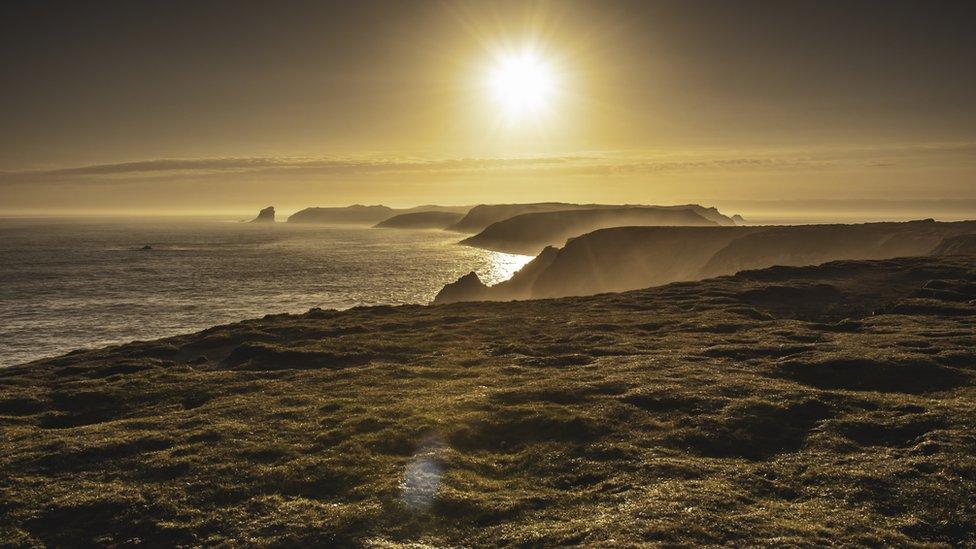
- Published25 January 2022

- Published31 March 2020
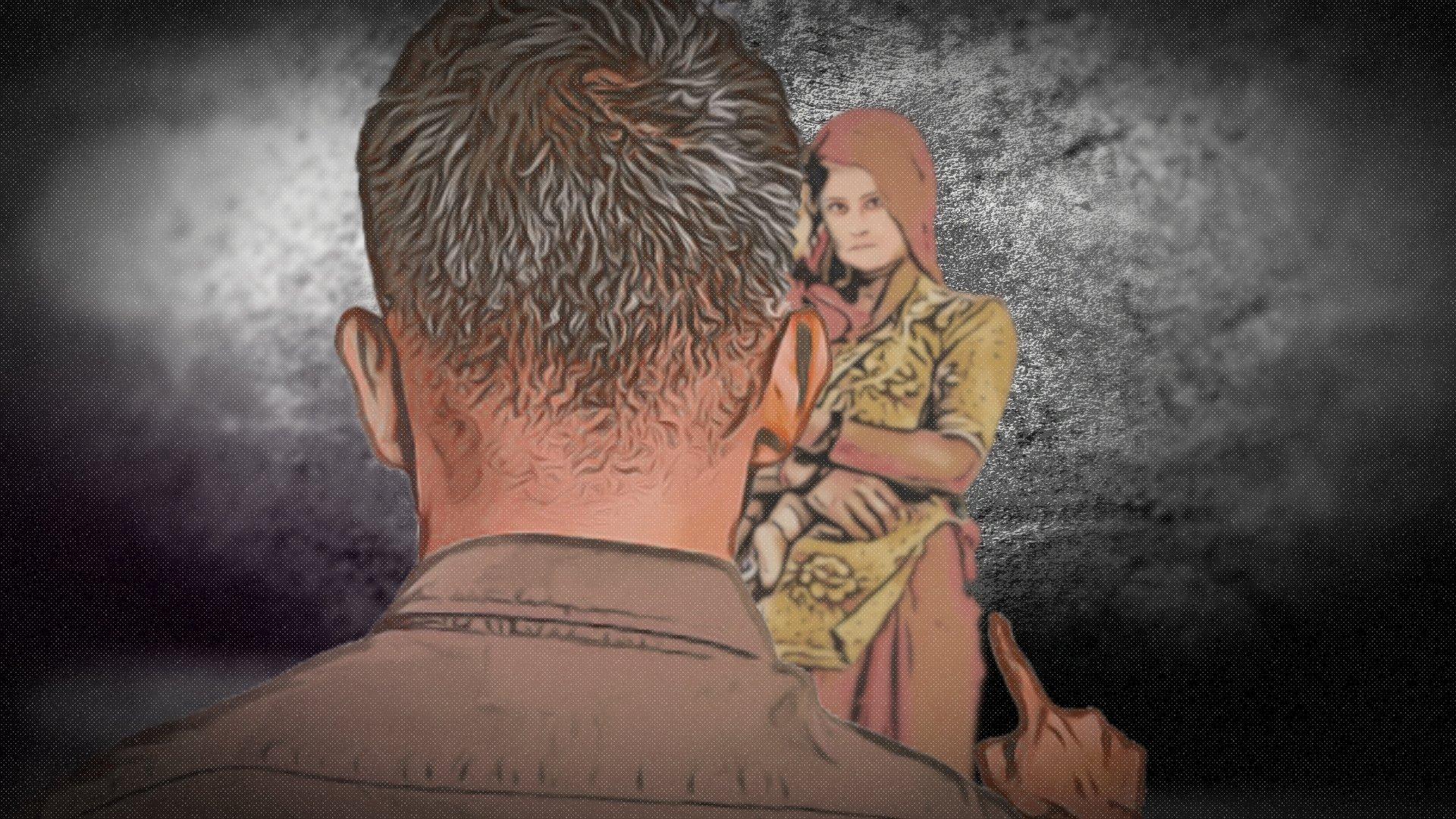
- Published26 November 2020
